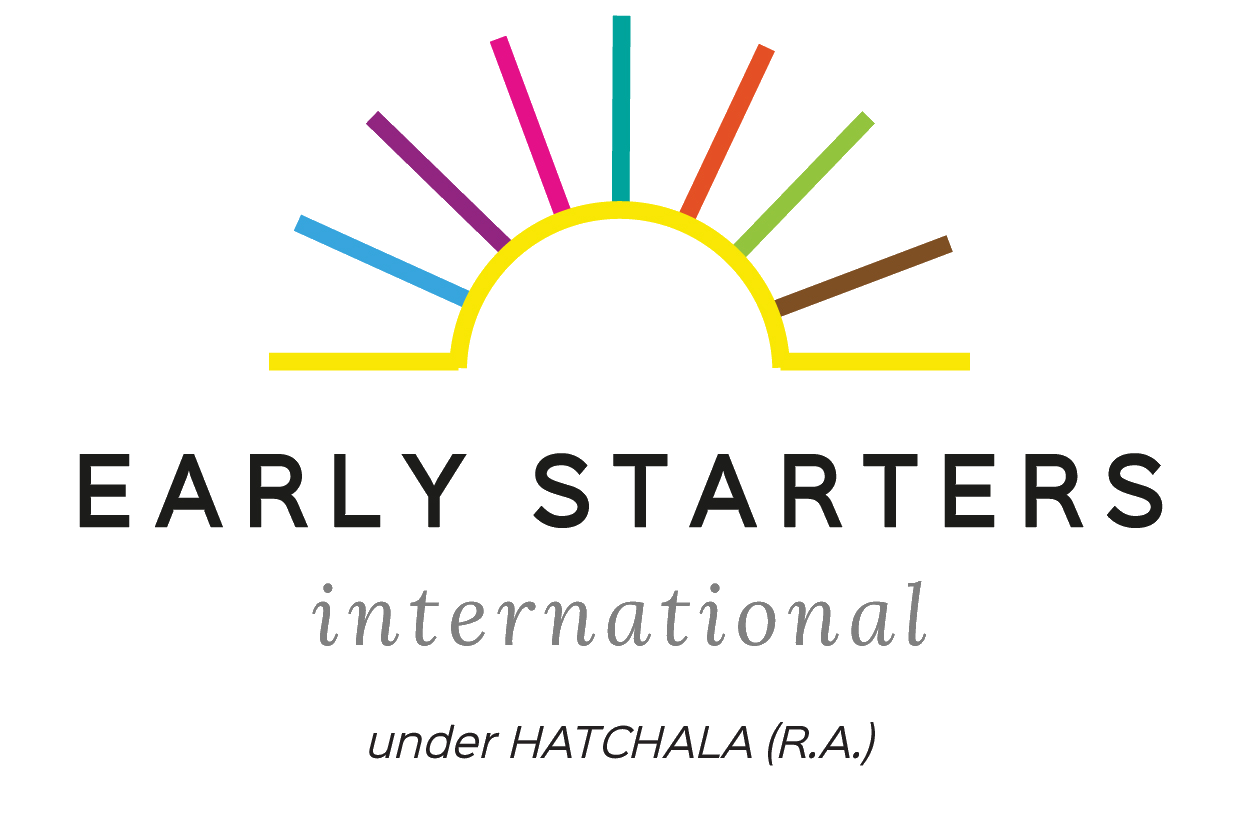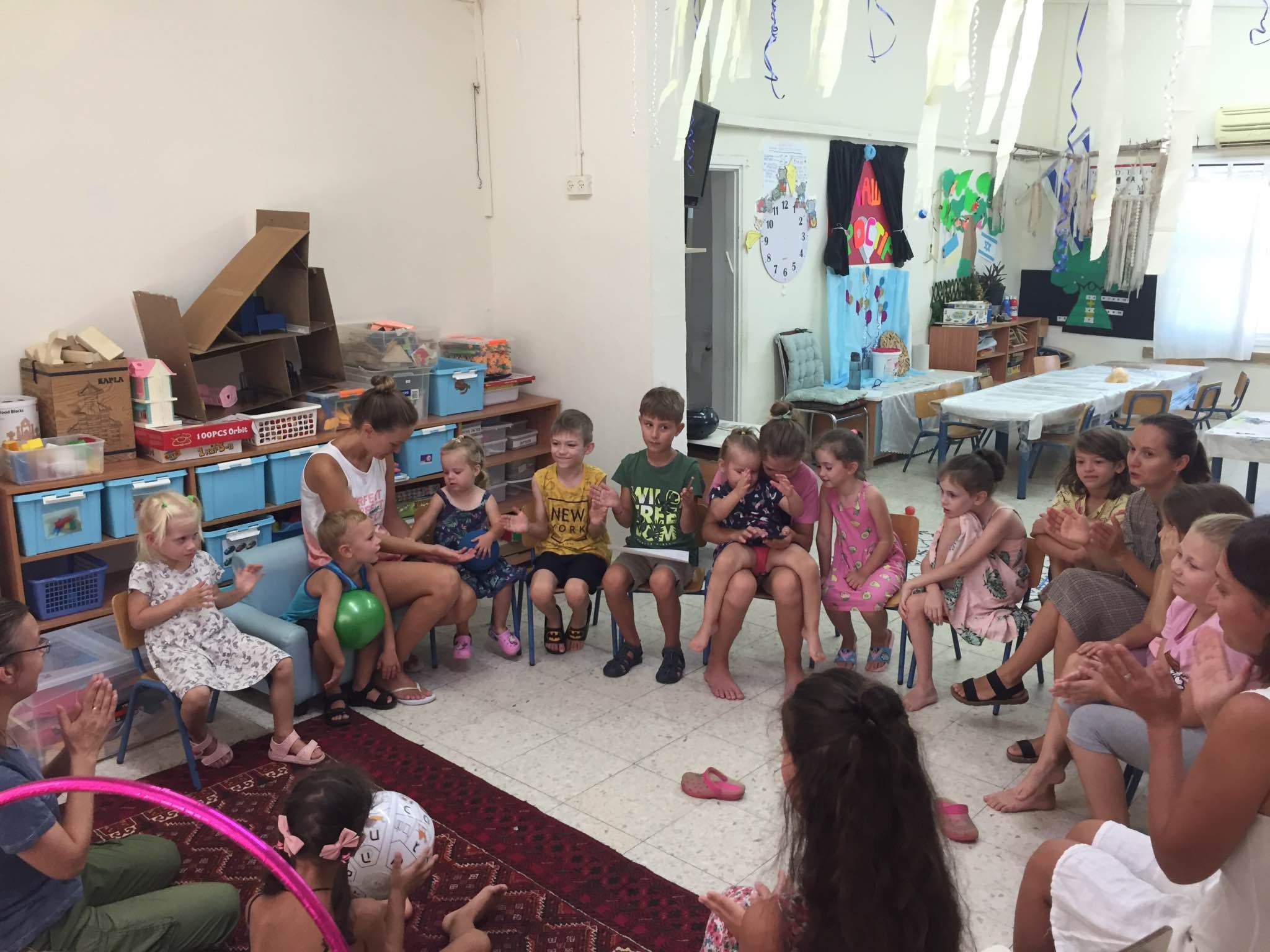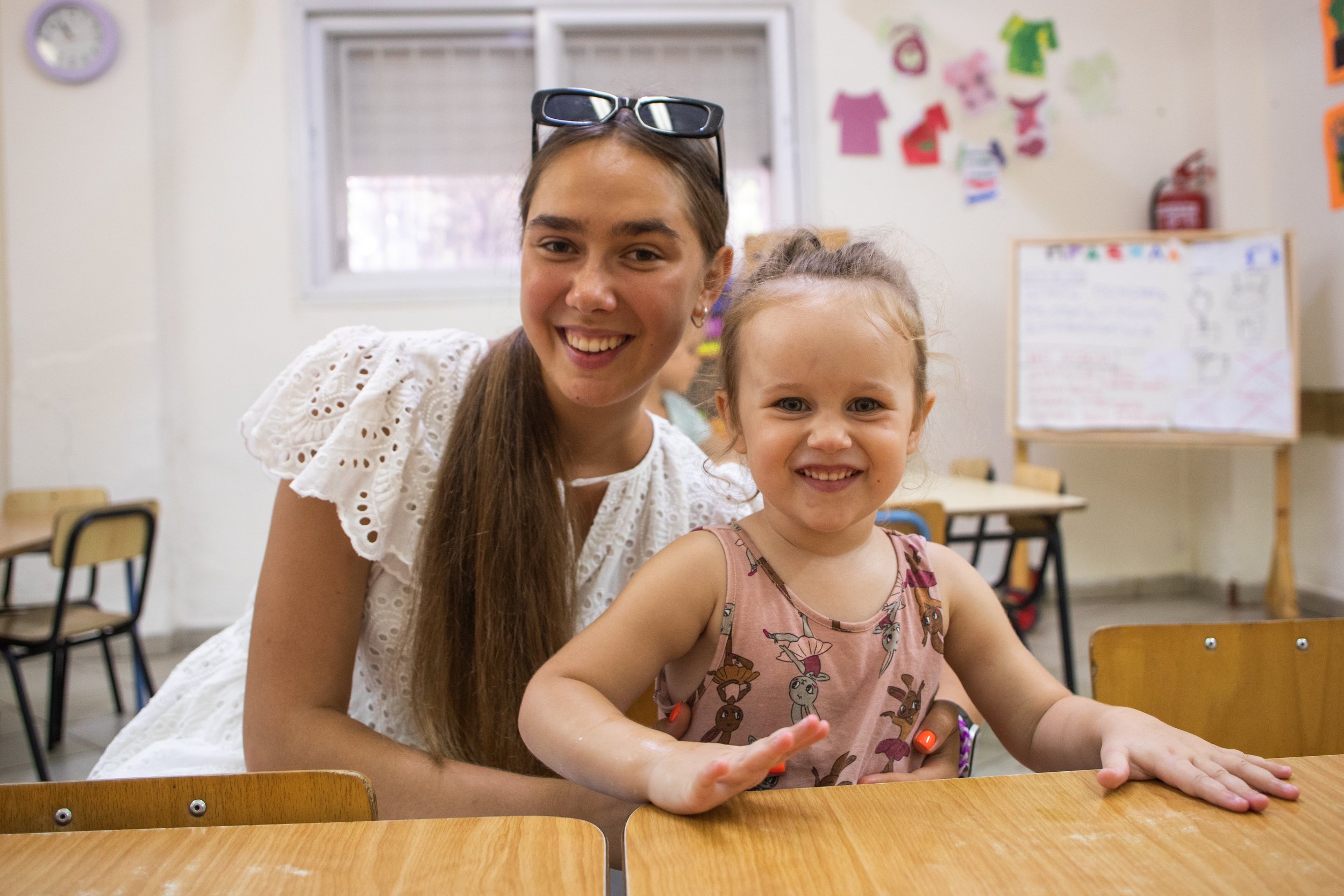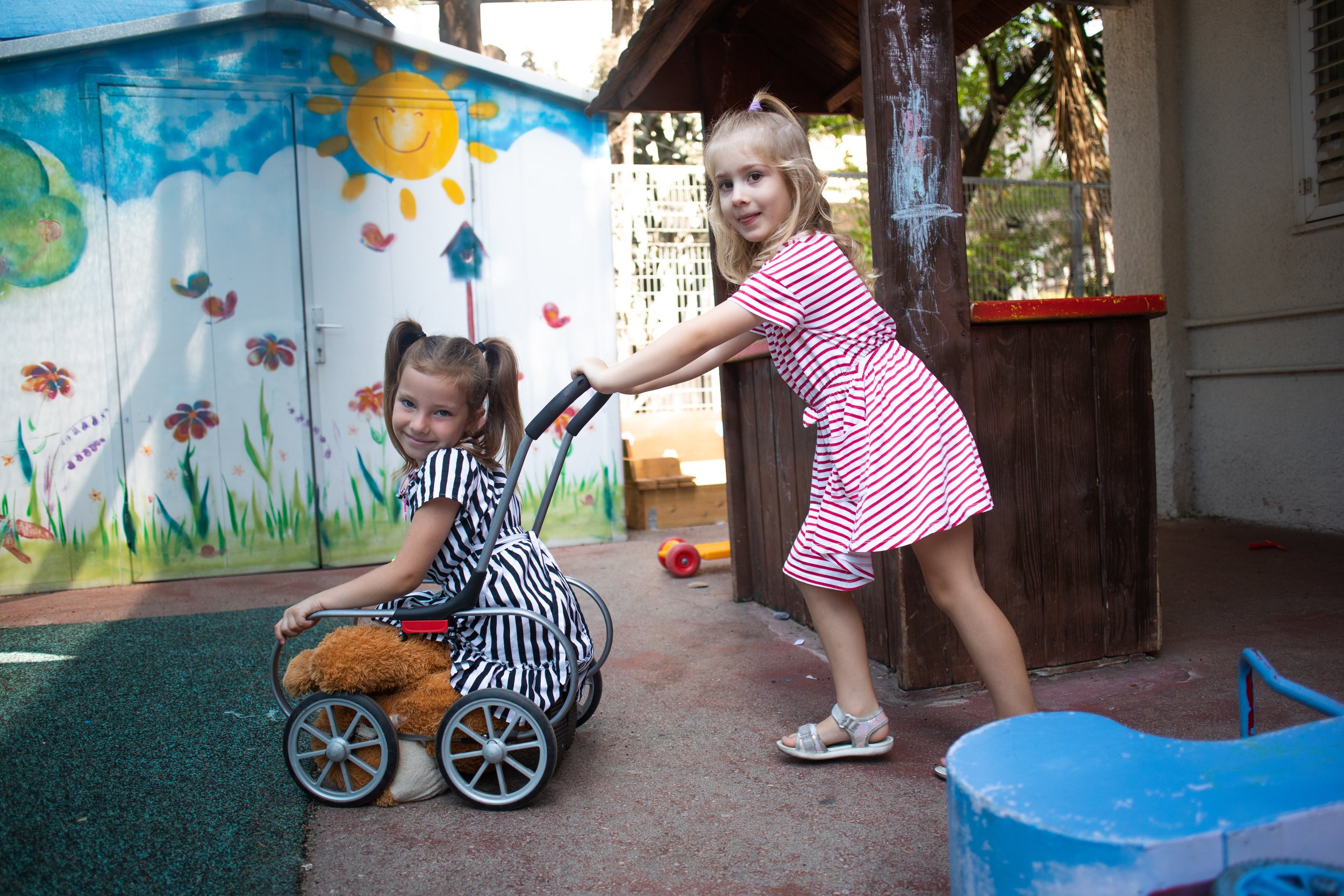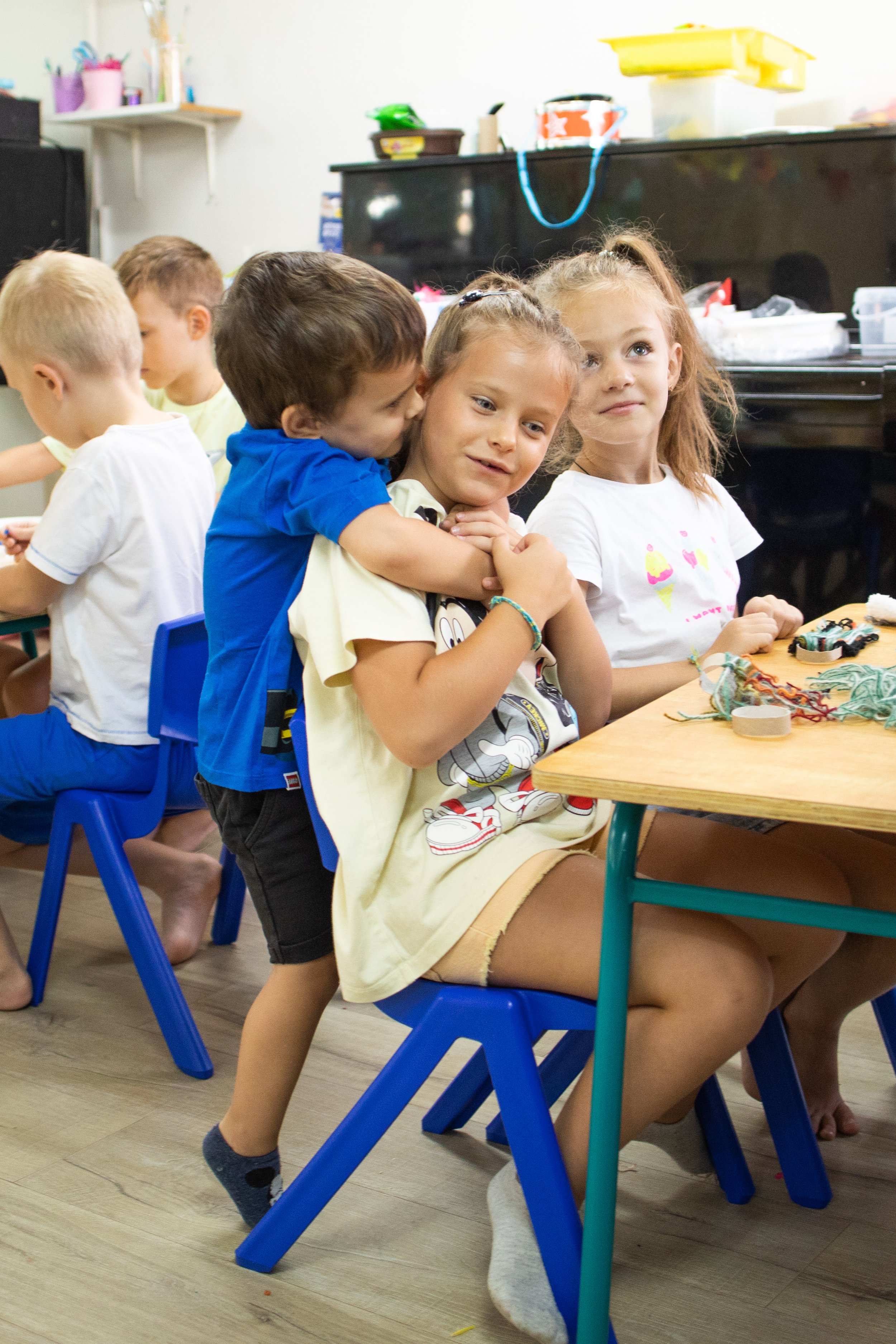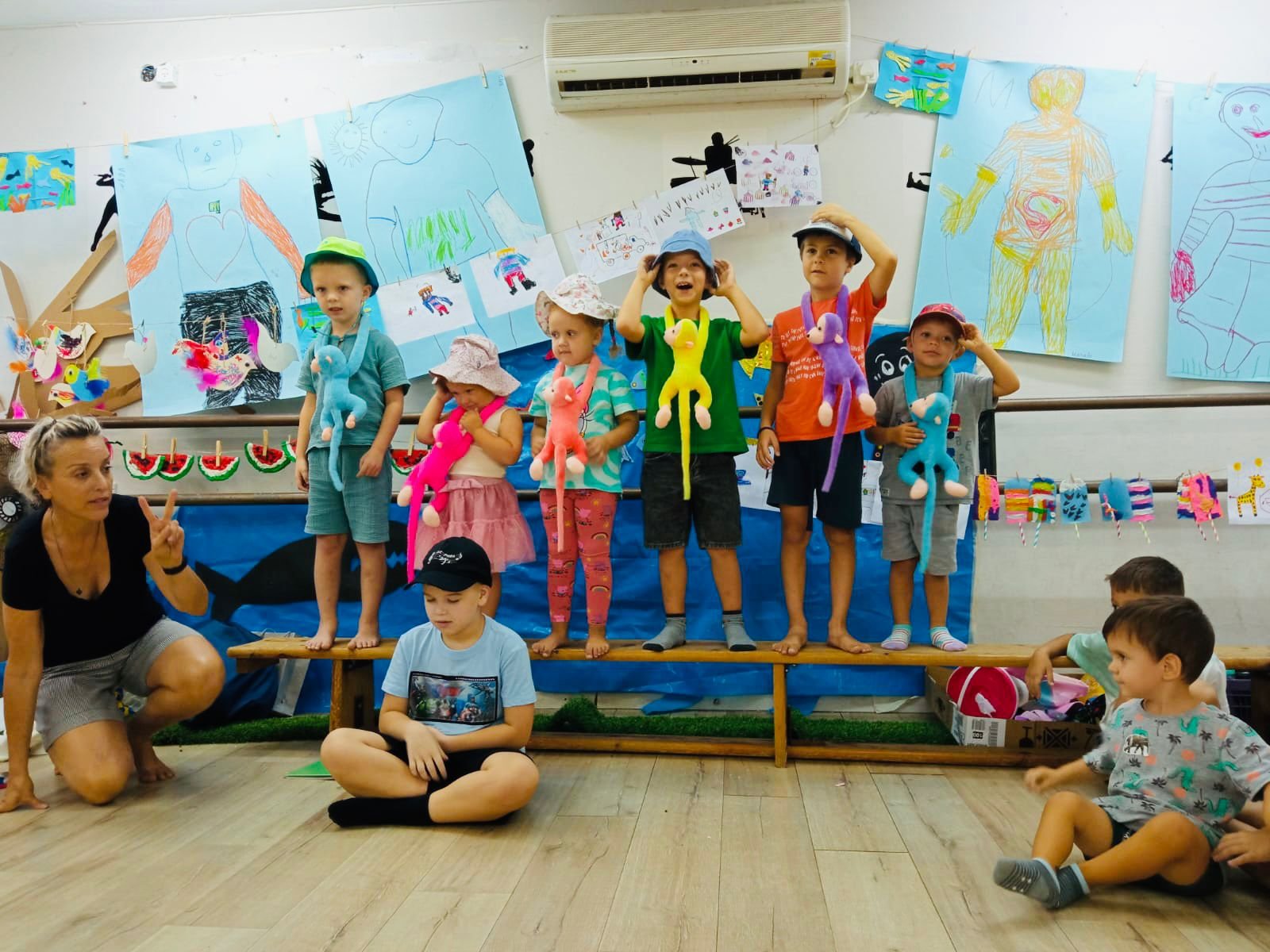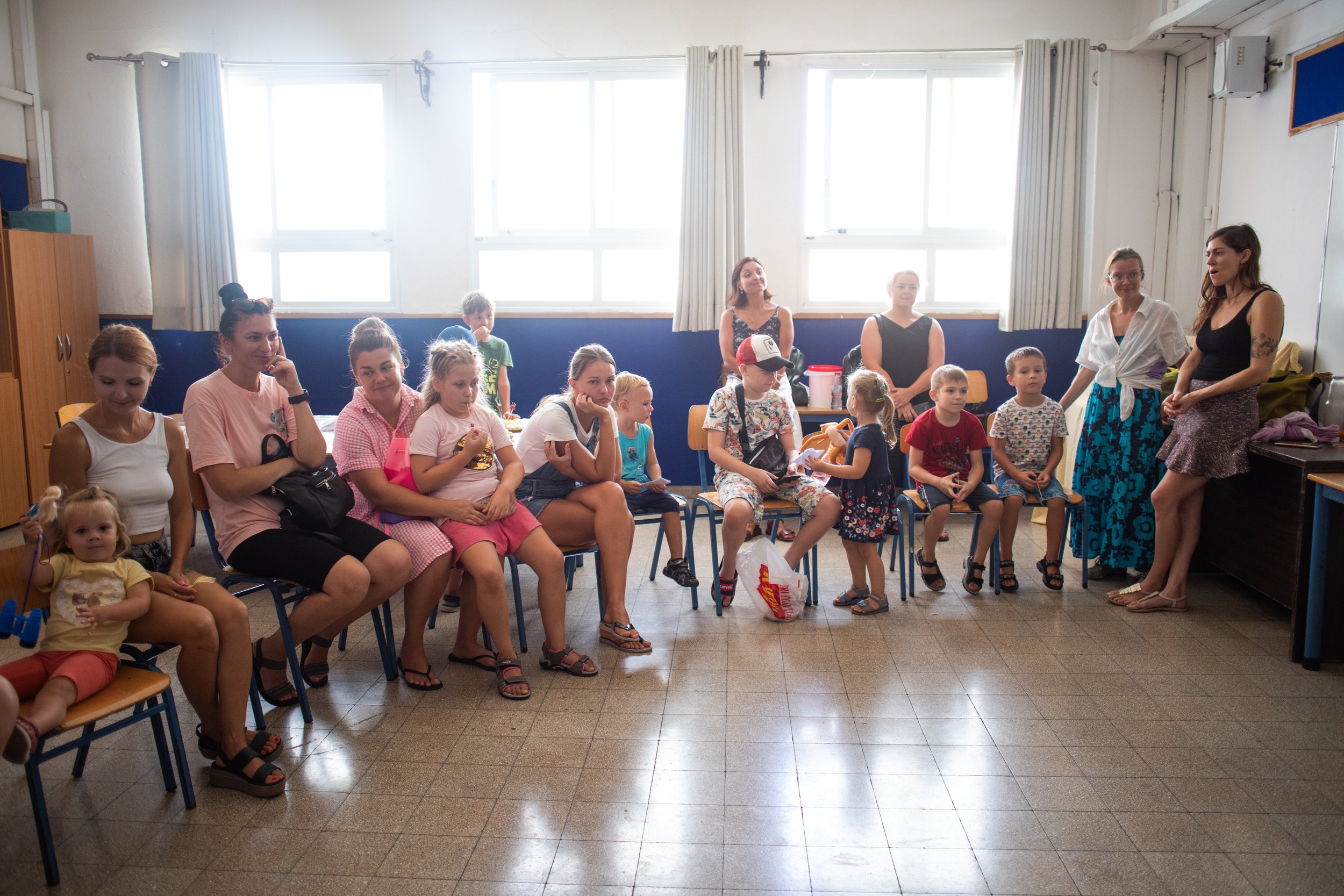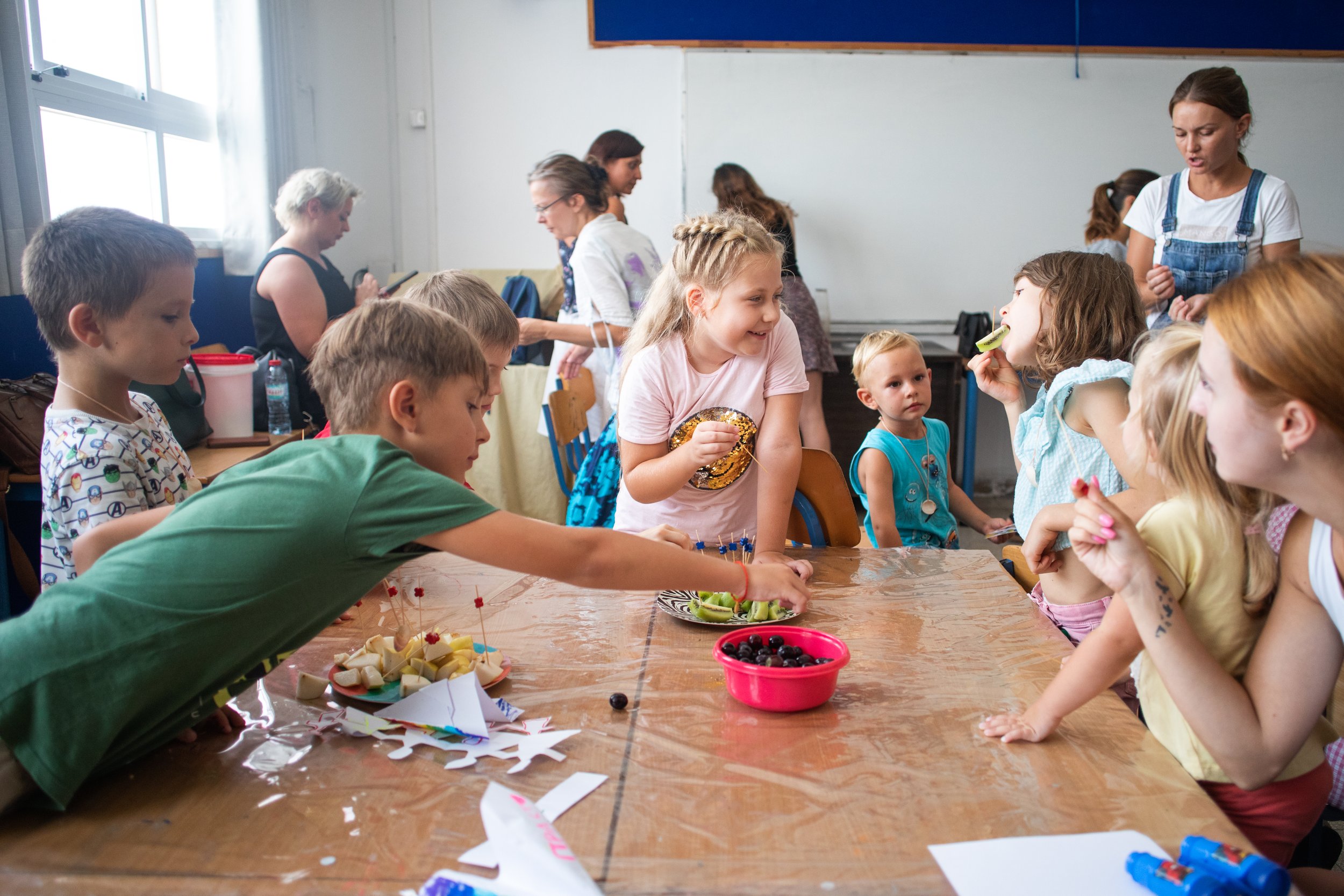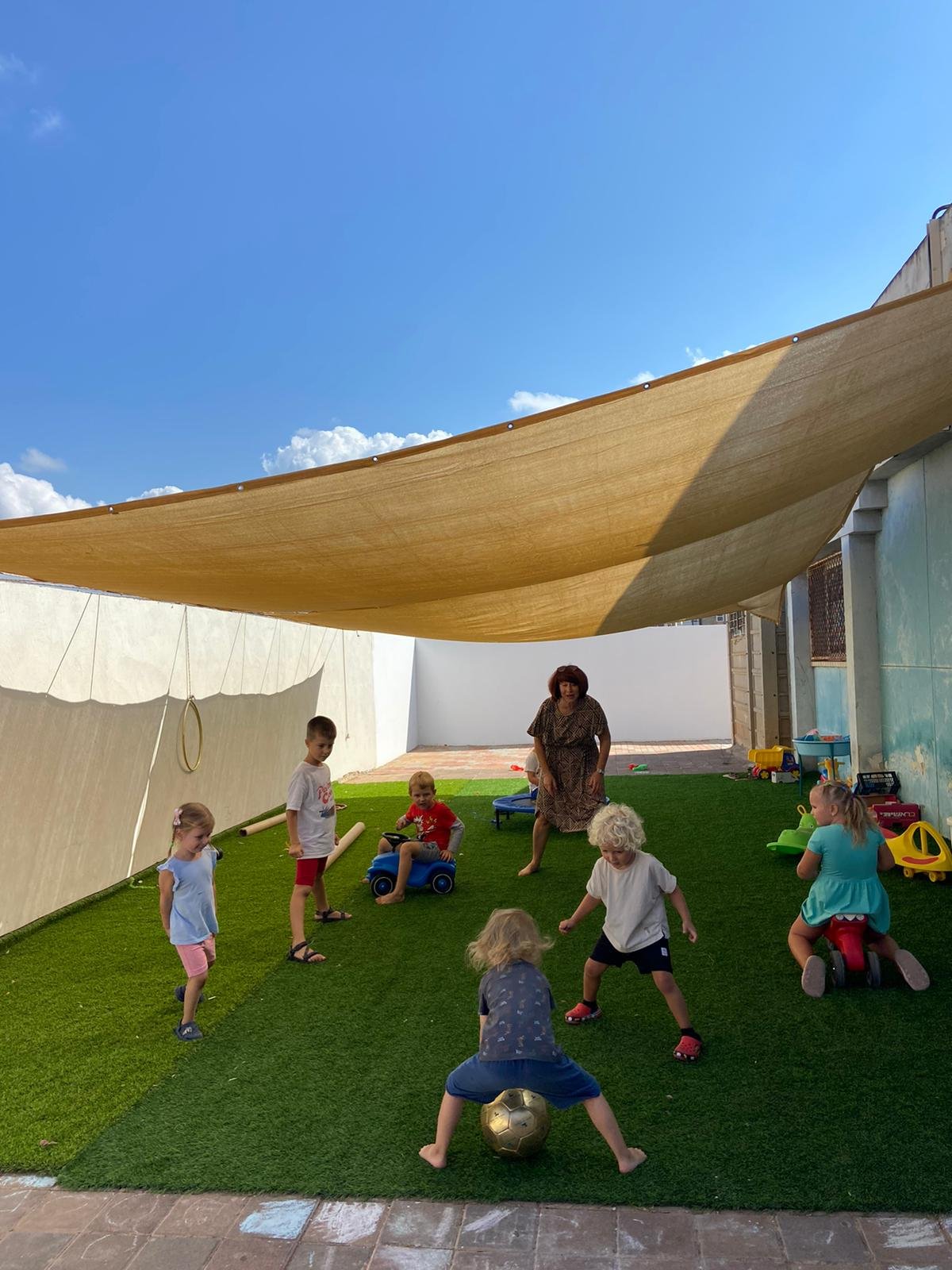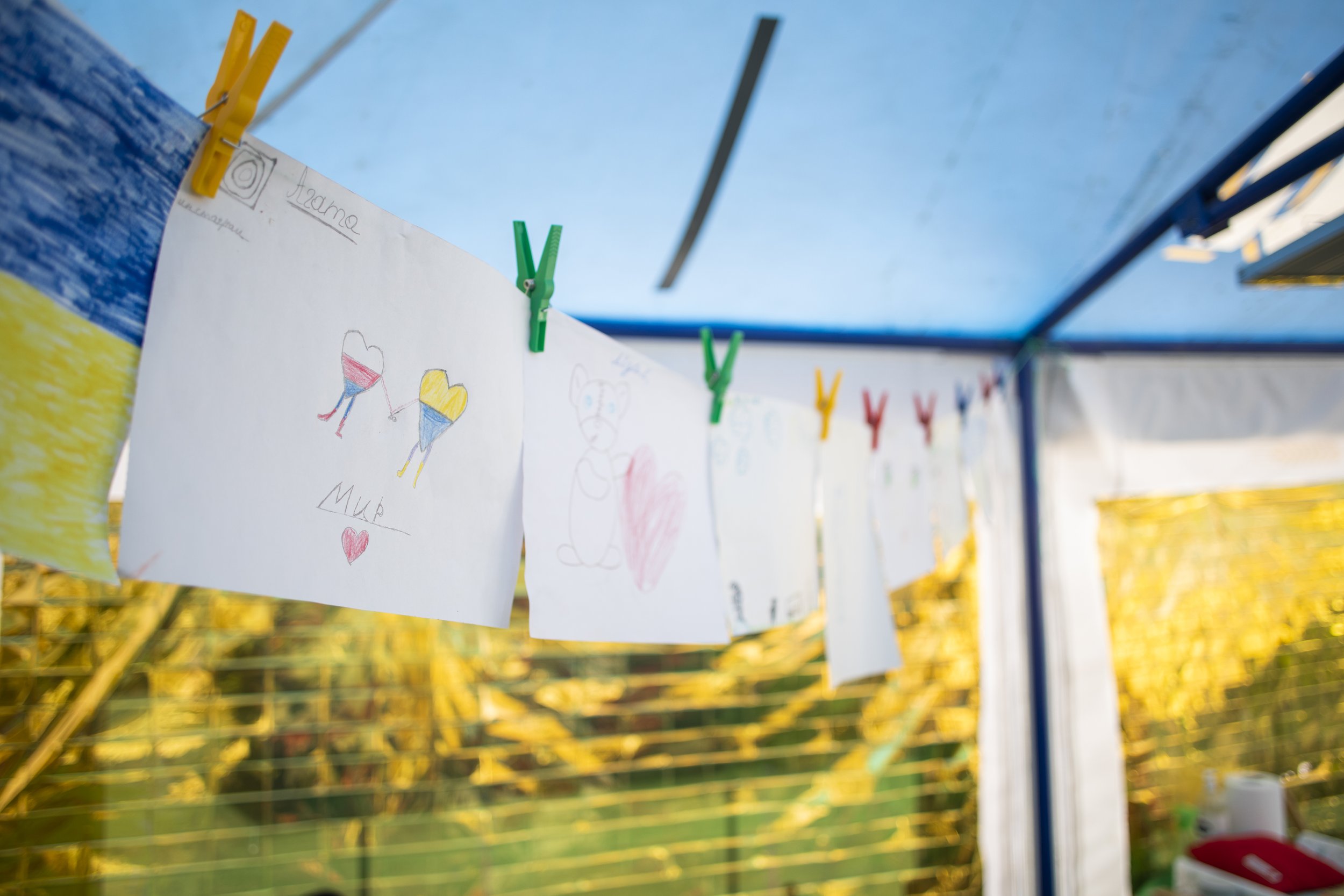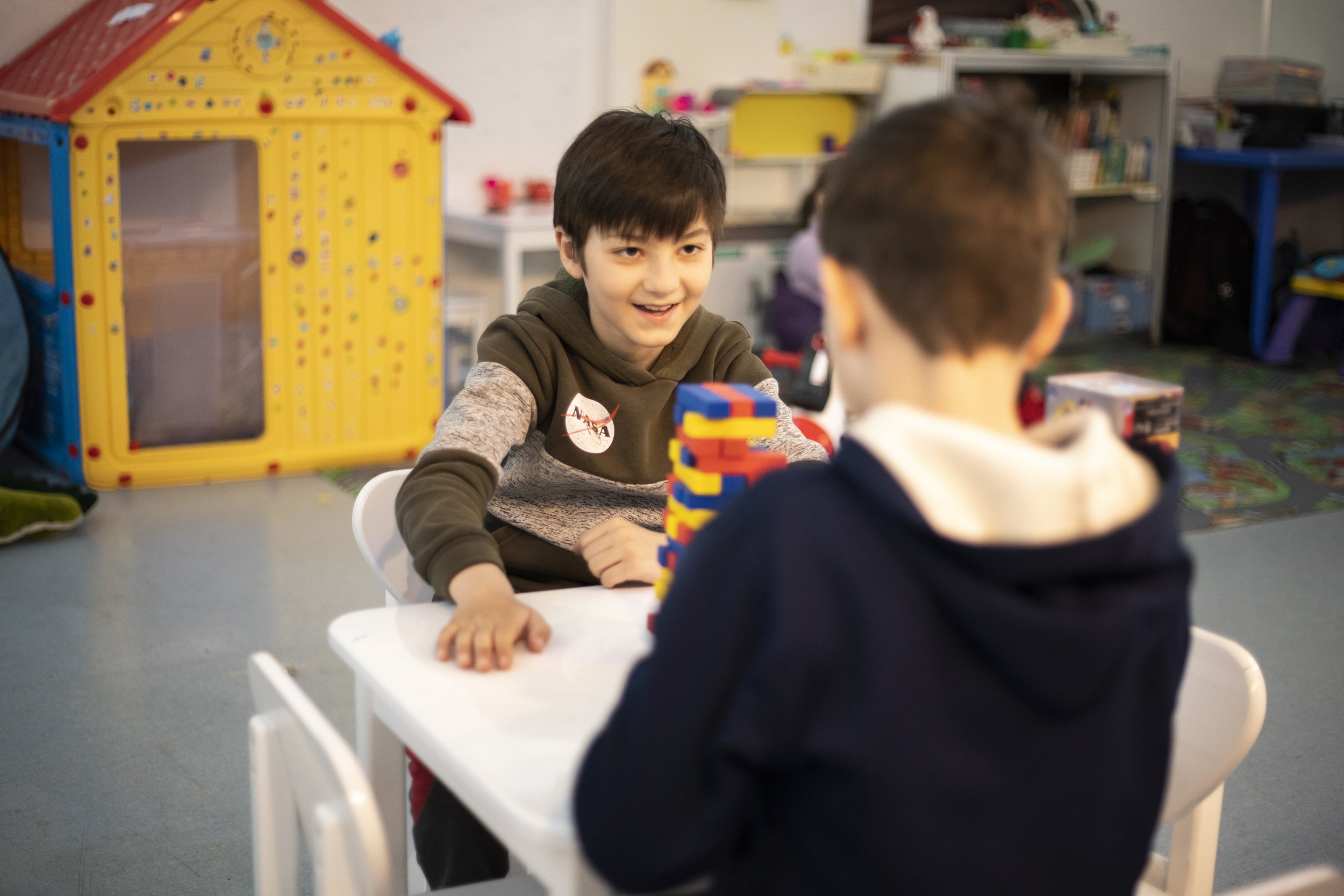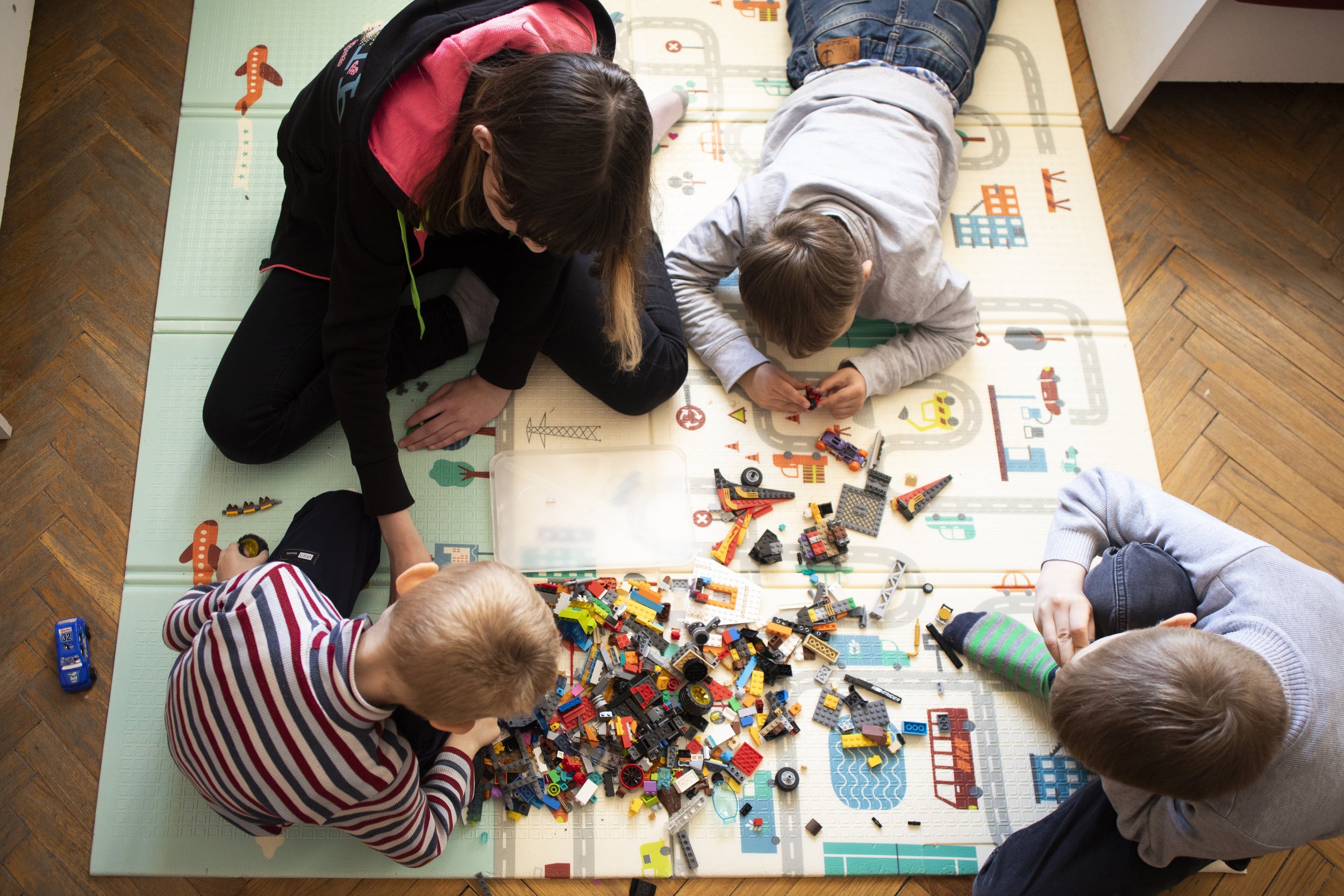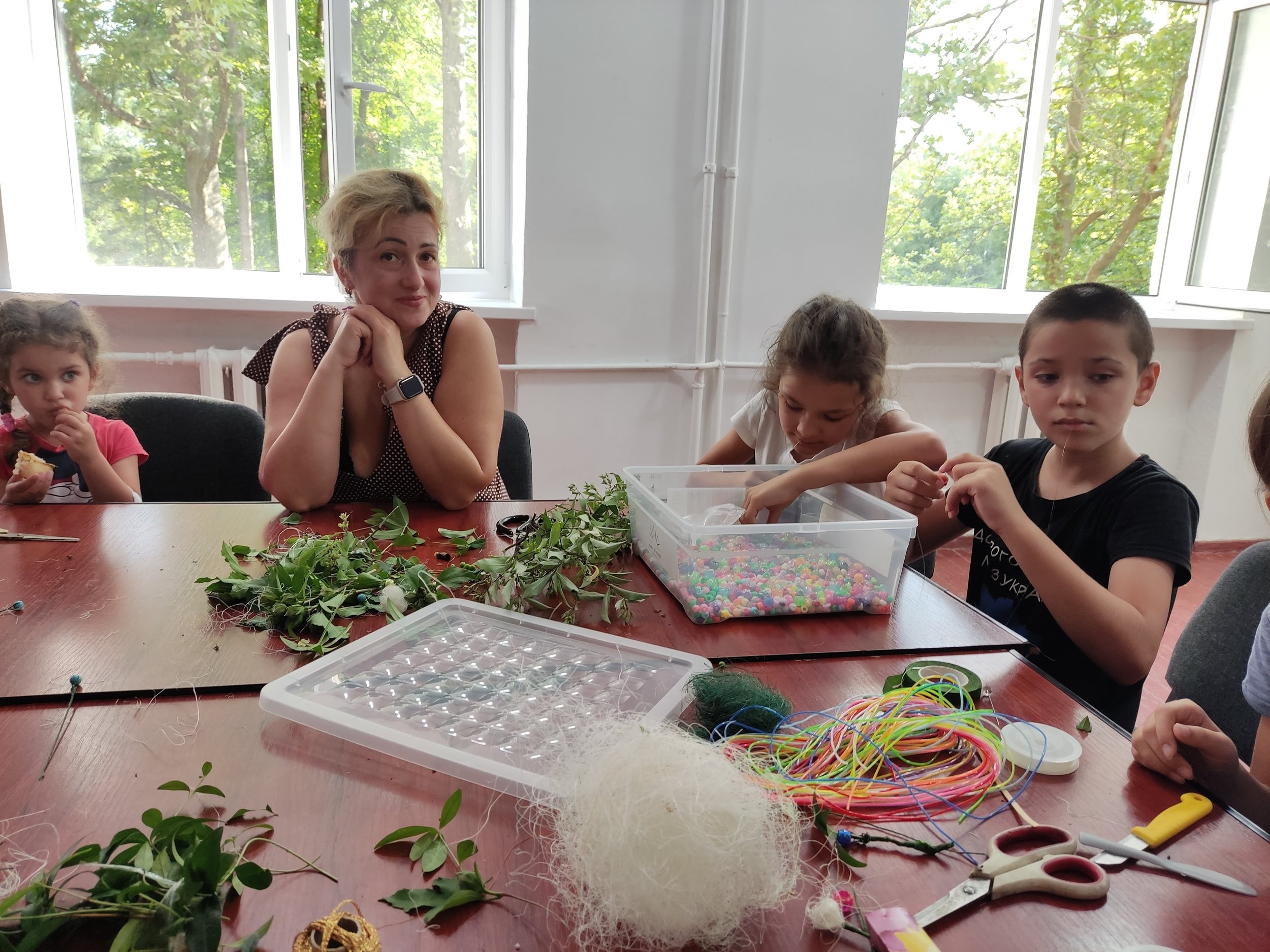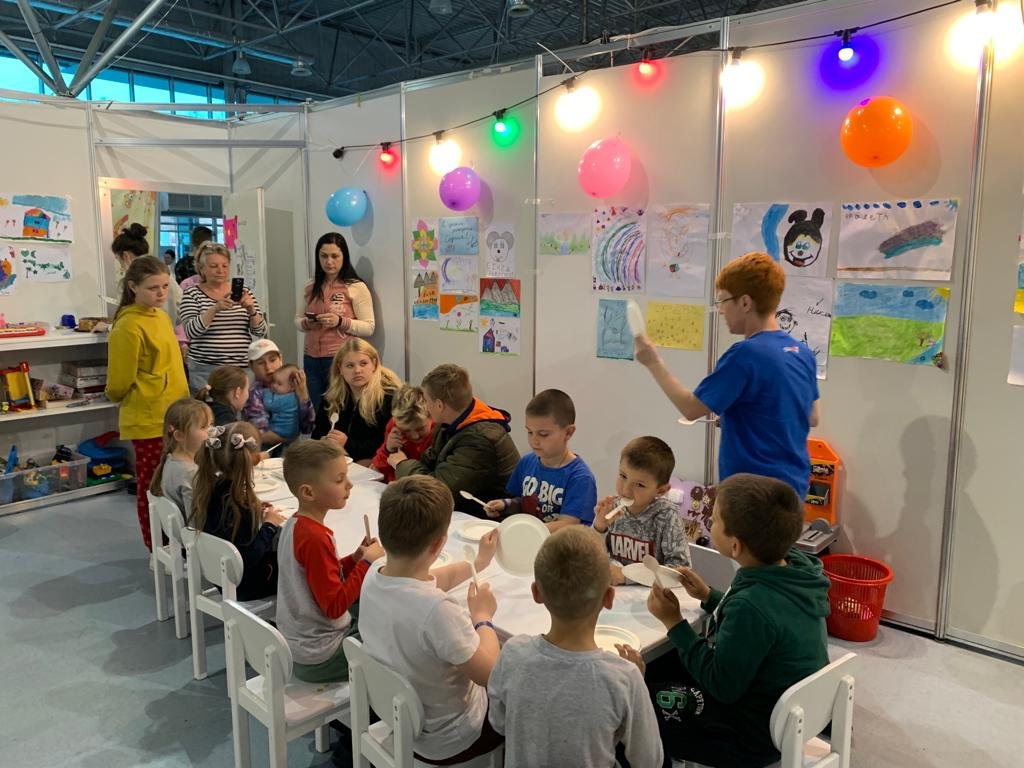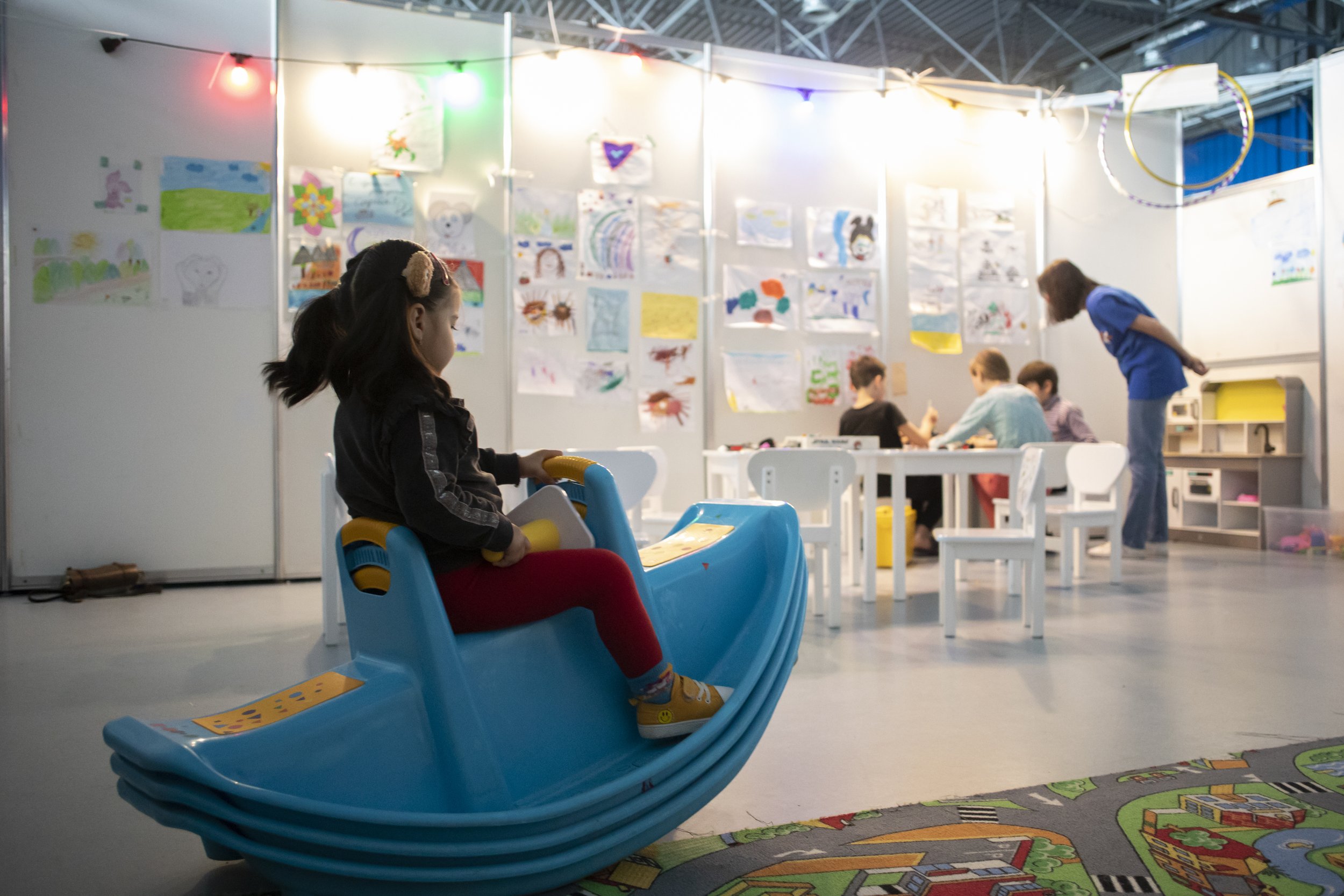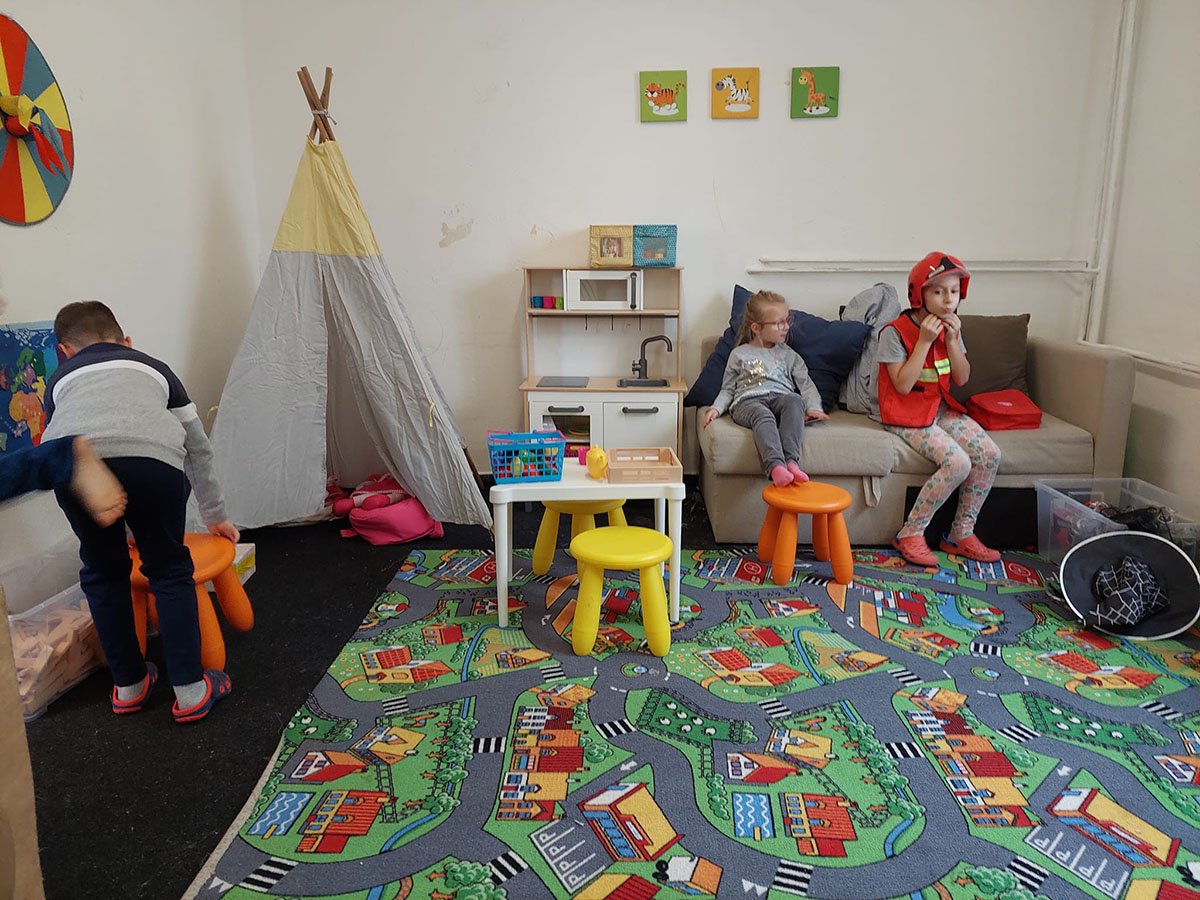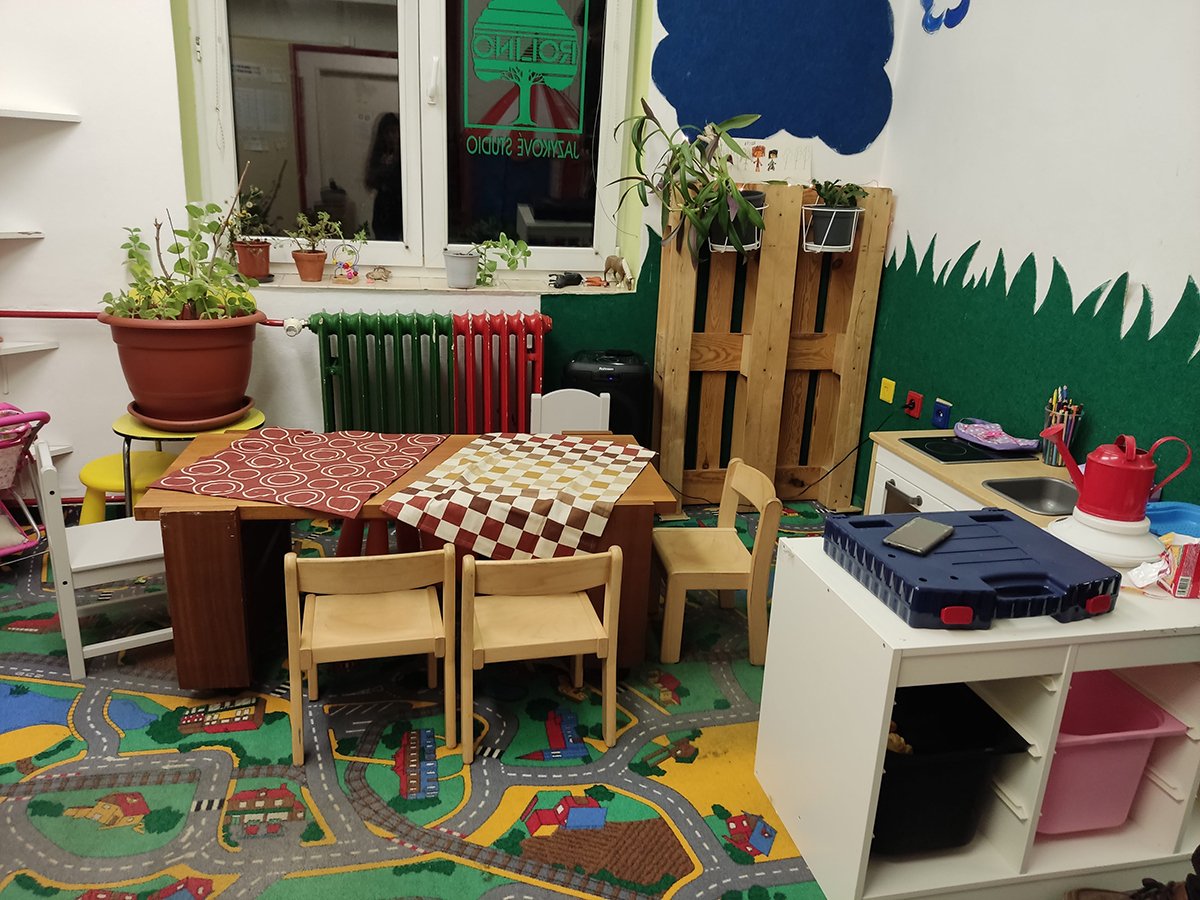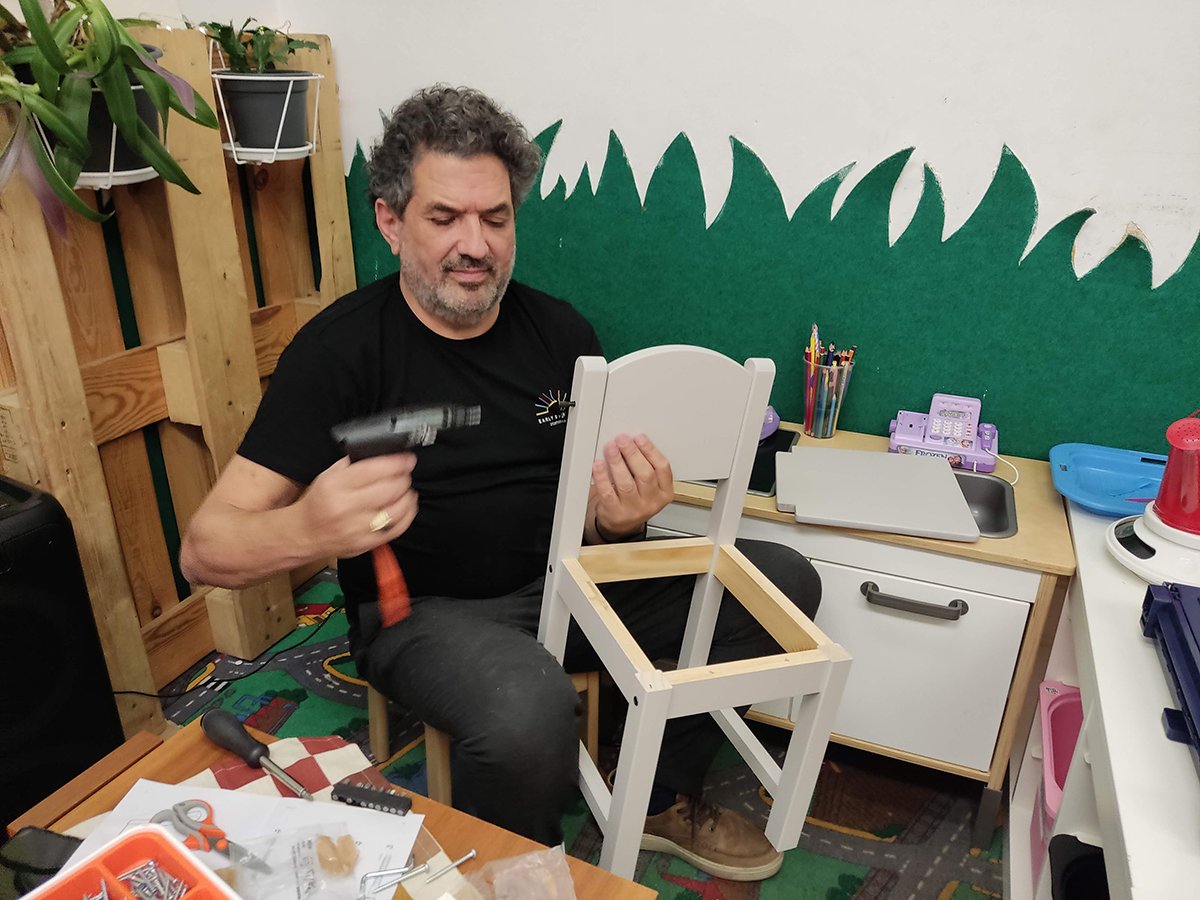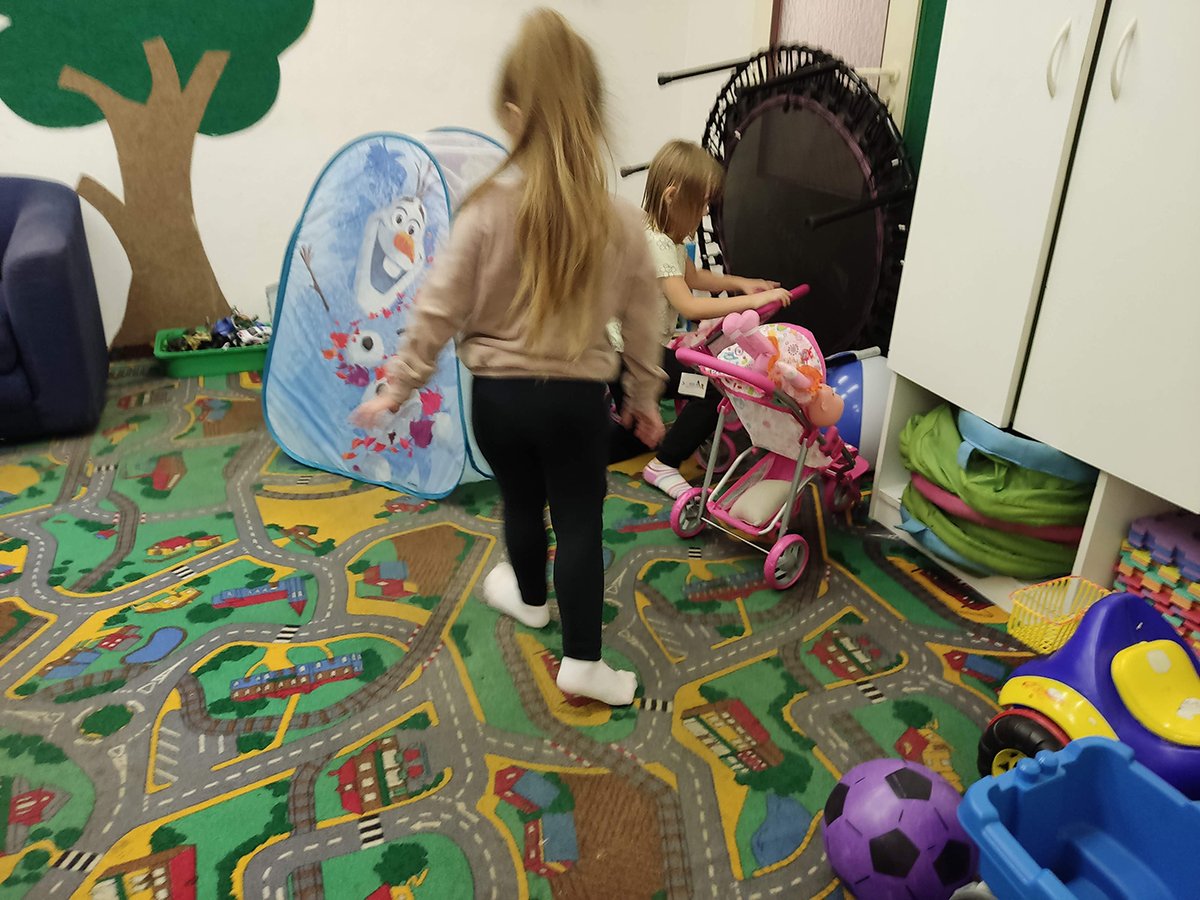Ukraine
Early Starters International has extended its impact by establishing four spaces in Moldova to address various needs. In the Czech Republic, the organization has established two spaces, and there is one space in Poland. Additionally, the organization provides crucial support in Israel, with a specific focus on aiding Ukrainian children residing in the country.
Since the beginning of the war in Ukraine, close to 8 million people, mostly women and children, have left Ukraine in search of asylum (UNHCR, November 2022). They have experienced long days and nights in bomb shelters, hiding from rockets, and traveling dangerous paths until finally reaching safety. These families have lost everything that is dear and familiar to them – their family and friends, their homes, their safety and stability – and they have been forced to build a new life in a foreign place. Young children, who are currently in critical formative years of their development, are especially vulnerable in this situation.
As of March 2022, Early Starters International has established early childhood safe spaces – providing to the immediate needs of young Ukrainian children and their families, as well as continuing to support the long term needs of refugees. Our safe spaces allow for sustained access to early childhood education and care and the least amount of disruption to young children’s development, amid the chaos they have endured. Furthermore, they provide stability and routine, and lower the effects of trauma children have experienced. They are warm places where children feel safe, participate in creative and developmentally appropriate activities and receive emotional support that promote their resilience. Each space has professional staff members who speak their language, and know their culture, and is equipped like a home with games, toys, cozy areas for quiet time, materials for socio-dramatic play, and creative materials for personal expression.
To date, ESI has developed 16 early childhood safe spaces for young children, in Moldova, Israel and Prague and over 3500 children have participated in our activities. Our staff, mostly women refugees from Ukraine with relevant experience, receive professional development and support in dealing with challenges that arise. The young children’s safe space is also a base where community activities for mothers are organized – such as family visits to museums or hikes, and complementary services like legal advice and language studies.
Thank you to our supporters of this project: the UJA Federation of New York, The EGL Charitable Foundation, the Diana and Guilford Glazer Foundation, the Ministry of Education, Israel, JFNA Volunteer Support, OLAM.
We work in close collaboration with international and local organizations such as IsraAID, AJEEC, Variety Center Jerusalem, Yalduta, Mashabim, Ave Copiii, Greengate, Amiga.
Our cooperation with Governments, International and local NGOs and private organizations is essential and crucial to continue ESI activities while there is no end to the growing financial needs. We look forward to engaging with you and joining our ventures.
Help support our work and bring childhood back to children refugees.
Israel
Following the war in Ukraine, we developed a team in Israel that includes refugees and immigrants from Ukraine with a background in education. Our staff have gone through training in trauma and supporting children and their families cope with the trauma they have experienced. In cooperation with local authorities, we have established 7 early childhood safe spaces for children and their families in the cities of: Haifa, Netanya, Rishon Lezion, Bat Yam, Ashdod and Beer Sheva. Each space is open daily for children to come and play, learn, and feel a sense of belonging. We have created a warm and inclusive environment which is adapted to the needs of the children who participate. Our activities are diverse and fully subsidized, including classes and educational activities such as outings in the community, art classes, yoga, chess, work with clay, English and Hebrew classes, as well as Hebrew classes for parents.
Moldova
We currently have 7 early childhood safe space in Moldova where there are anywhere between 150 to 200 children that participate in our centers every day. Through our partnerships with Ave Copiii and Greengate we have been able to open centers in Chisinau, Ciorescu, Balti and Kongaz, Gagauzia. Our spaces are created to support young children, providing educational-therapeutic services for Ukrainian refugee children. They are warm and safe spaces for young children, that have been created for children ages 2 to 8. There are older children who come and participate as well – often siblings of the younger children who are at the center.
The spaces are a framework that allows children to experience childhood again amid the chaos and trauma they have experienced. These are places where the children participate in learning and development activities, enjoy playing and talking with children and adults in their own language, express themselves through drawing and creative activities, and receive empathy and attention. It is a stable place for children even when the war continues to rage, when missiles fall on Ukrainian cities leaving them without electricity, when beloved fathers and brothers are on the frontlines and are a subject of constant concern. The women of our staff, mostly refugees from Ukraine with relevant experience, receive professional development and support in dealing with conflicts that arise. The children’s space is also a basis for community-strengthening activities for the mothers – through activities organized by the spaces staff like family visits to museums or hikes, and complementary services such as legal advice or language studies.
Czechia
We have opened 2 early childhood safe spaces in Prague, the Czech Republic in partnership with AMIGA, a local organization supporting refugees. The spaces are situated in refugee accommodation centers and are run by Ukrainian refugees for the families living in the shelters. The space is to provide a warm and safe space for all children living in the shelters, allowing them to play, socialize with other children, and have a place where they belong.
